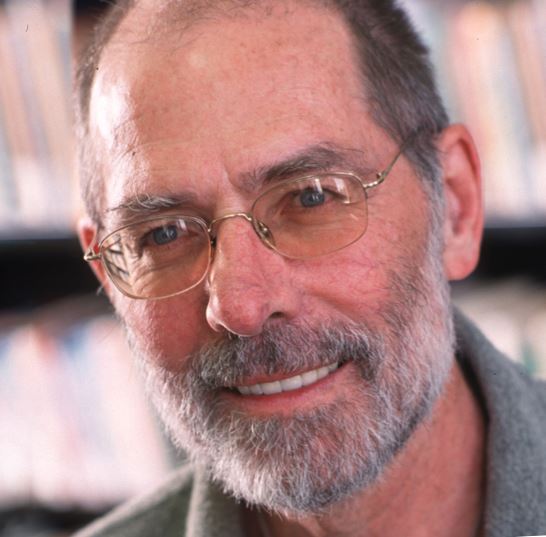New issue of Careering tackles employment obstacles
May 27, 2014
Busting the Myths About People with Disabilities
May 27, 2014 In recognition of his lifetime of achievement in career development, Bryan Hiebert accepted the Etta St John Wileman Award at the Cannexus14 National Career Development Conference in Ottawa. Hiebert holds positions as Professor Emeritus of Education, University of Calgary; Adjunct Professor, Department of Educational Psychology and Leadership Studies, University of Victoria; and Adjunct Professor, Faculty of Education, University of Lethbridge.
In recognition of his lifetime of achievement in career development, Bryan Hiebert accepted the Etta St John Wileman Award at the Cannexus14 National Career Development Conference in Ottawa. Hiebert holds positions as Professor Emeritus of Education, University of Calgary; Adjunct Professor, Department of Educational Psychology and Leadership Studies, University of Victoria; and Adjunct Professor, Faculty of Education, University of Lethbridge.
In one sentence, describe why career development matters.
Career development is a matter of having a vision for your life and making sure that your paid employment is helping to move you towards the sort of person you want to become in five years, or 10 or 20, etc. People who don’t have a fairly clear vision for their life often end up floundering, exploring blind alleys, and not becoming the person they were looking forward to becoming.
Which book are you reading right now?
I usually am reading more than one book, typically two, one related to my professional work and a second one of personal interest. Right now I’m reading Embedded Formative Assessment by Dylan William, and am finding new sources that I had not encountered before as well as affirmation of many of my own ideas. It’s an easy read and I recommend it. The other book I am reading is The Incomplete Folksinger by Pete Seeger. It’s an autobiography tracing the development of folk song in North America and the connection with folk songs in other countries. It is helping me get back in touch with my musical past and motivating me to take my banjo off the wall and play again.
What did you want to be when you grew up?
I was a floundering young person. I was always good at math, and pretty much squandered everything else. After a year of bible school, I thought I might become a minister, but my father would not hear of it. He had seen too many poor ministers and pressured me to find a job that was better paying and more reliable. So, I explored teaching. The counsellor at the University of Calgary I talked to indicated that people who believed their job was to impart subject matter usually did a BSc or BA and then did the additional year to obtain their teaching credential. On the other hand, people who believed that their job as a teacher was to work with children entered the BEd program. It was a question of priorities: Is the more important thing the subject matter content or the students? As a result of the thinking that comment spawned, I enrolled in a BEd program.
Name one thing you wouldn’t be able to work without?
My library. I have a good selection of professional books and lots of access through the universities and via Google. The library is one thing that I would really miss if it was not available to me.
What activity do you usually turn to when procrastinating?
Hands-on projects dealing with house repairs, or general tidying my workplace. Ultimately, I need to take myself by the ear and force myself to sit down and get started. Then ideas start to flow and I begin to be productive.
What song do you listen to for inspiration?
I have many playlists and select one that is appropriate for the job at hand. Likely the song that has the most influence right now is “Against the Wind” by Bob Seger. I especially revisit the line “wish I didn’t know now what I didn’t know then.” Many things are best forgotten.
Which word do you overuse?
I spot this tendency in others and have in the past fallen into the trap myself usually accompanied by severe consequences. Right now, I think that I don’t overuse any word, I just try to be descriptive of the things I see and do.
Who would you like to work with most?
People who are like-minded in the things they are trying to pursue. I’ve passed the stage in my career path where I want to convert others to my way of thinking, but I’m pretty open to people who are trying to do similar things and we can work together to inform each other.
Which talent or superpower would you like to have?
Some sort of telekinesis would be nice, so I could travel to destinations, participate in projects, and not have the five- or 12-hour plane trip to contend with.
What do you consider your greatest achievement?
I have been able to foster the career advancement of many of my graduate students and colleagues. Standing in the background and seeing others move ahead, and trying to prepare the opportunities that they could step into, has been more important to me than any of the many projects I have undertaken.

